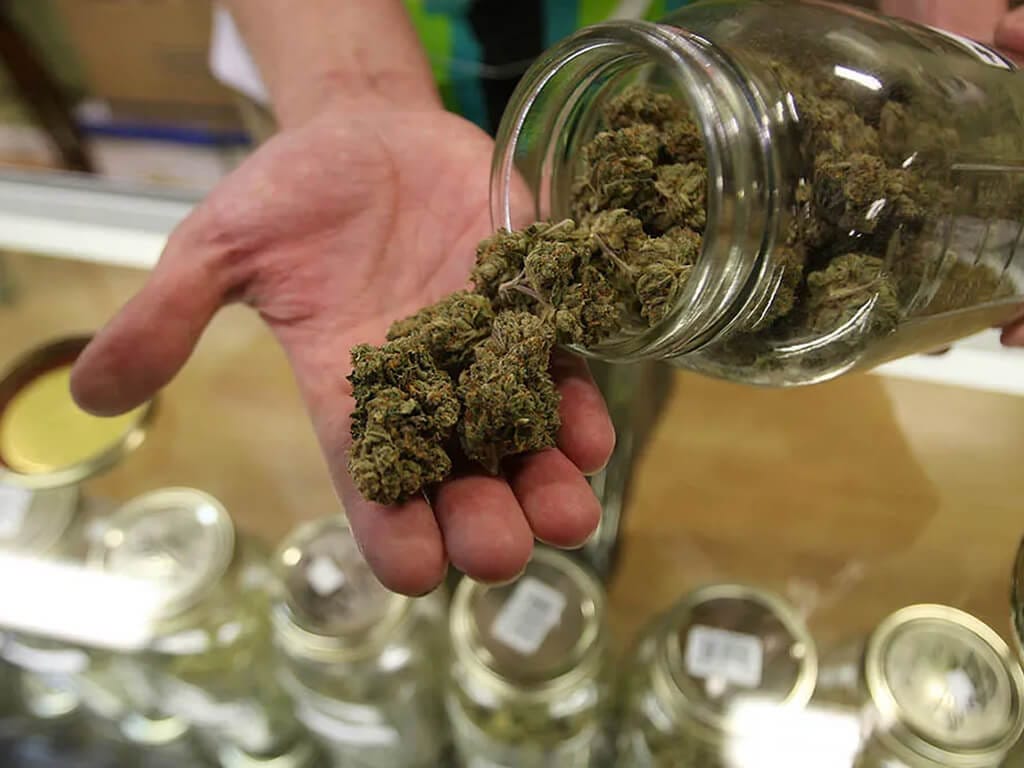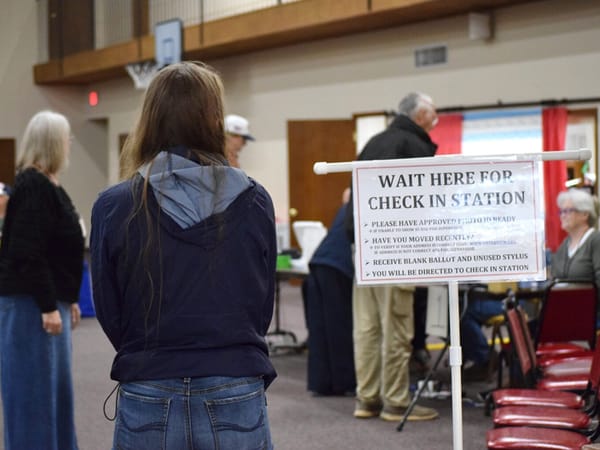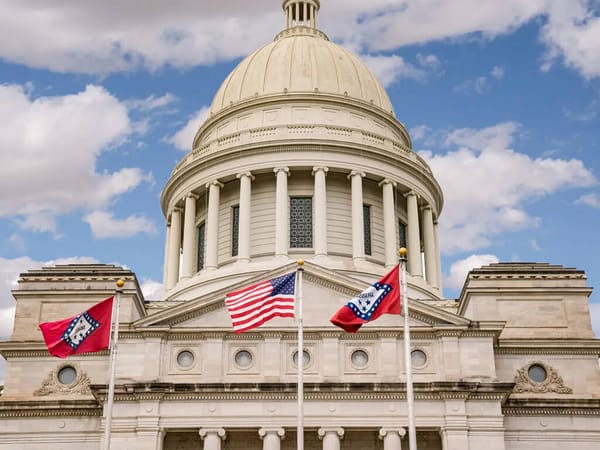High Numbers: Arkansas’s Medical Marijuana Market Surpasses $193 Million
Arkansas medical marijuana sales totaled $193 million from January to August 2025, according to the DFA. Tax revenue reached $21.57 million, with funds supporting UAMS and food insecurity programs.

While medical cannabis remains a contested issue and is still illegal under federal law, Arkansans spent a record $193 million on medical marijuana during the first eight months of 2025, according to the Arkansas Department of Finance and Administration (DFA). From January 1 through August 31, sales totaled $193,126,466, which is more than $10 million higher than the same period in 2024, when sales reached $182.5 million.
Arkansas is one of more than 40 states that have legalized medical marijuana, though the state continues to enforce strict regulations on drugs, including THC products. Even under these restrictions, the figures show that Arkansas has fully embraced medical cannabis.
Rising Sales and Consumption
Since Arkansas opened its first dispensary in May 2019, residents have spent a cumulative $1.5 billion on medical marijuana. Sales have grown steadily each year, rising from $31.32 million in 2019 to $181.8 million in 2020, $264.9 million in 2021, $276.3 million in 2022, $283 million in 2023, and $275.9 million in 2024.
The Arkansas Department of Health reports 109,060 active patient cards across the state. During the first eight months of 2025, dispensaries sold a total of 52,292 pounds of medical marijuana, including 6,721 pounds in July and 6,778 pounds in August. Scott Hardin, spokesperson for the Arkansas Department of Finance and Administration, said that with daily sales averaging approximately $800,000, Arkansas is on pace to exceed the 2023 sales record of $283 million.
Among the state’s 37 licensed dispensaries, Suite 443 in Hot Springs led August sales with 714.31 pounds. It also tops statewide sales for the year to date, moving 5,515 pounds from January through August. Suite 443, the first dispensary to open in Arkansas, remains the dominant player in the state’s market. Other leading dispensaries in August included Natural Relief in Sherwood with 654.98 pounds, CROP in Jonesboro with 406.63 pounds, Custom Cannabis in Alexander with 389.41 pounds, and Harvest in Conway with 384.74 pounds.
Tax Revenue and Its Uses
Medical marijuana sales have become a significant source of revenue for Arkansas through taxation. Each patient purchase is subject to the state’s standard 6.5 percent sales tax, along with a 4 percent privilege tax applied to sales from cultivators to dispensaries.
According to the Department of Finance and Administration (DFA), state tax collections from medical marijuana exceeded $5.38 million in July and August alone. This brings total tax revenue for 2025 to $21.57 million, providing a substantial financial boost to the state government.
The state has directed these funds toward meaningful programs. “So that revenue, it's going to good causes,” said Scott Hardin, spokesperson for the DFA. “Initially, it went primarily to the University of Arkansas for Medical Sciences (UAMS) here in Little Rock, for their work to obtain a National Cancer Institute designation. You saw about $90 million, or even more than that, go to that effort, from medical marijuana.”
Today, lawmakers are directing medical marijuana revenue toward addressing food insecurity. “Primarily, it will go to food insecurity,” Hardin explained. “So, people who are on free and reduced lunches, or students on free and reduced lunches, and a variety of programs, they could use it for food pantries across the state. This year, about 21 million dollars has been generated, and that money can go directly toward combating food insecurity. That revenue can do a lot of good.”
Future of Marijuana Policy in Arkansas
In November 2016, Arkansas voters narrowly approved a constitutional amendment by a margin of 53 percent to 47 percent, legalizing medical marijuana for 17 qualifying conditions and establishing the Arkansas Medical Marijuana Commission to oversee the program. Since then, efforts to legalize recreational marijuana or expand medical marijuana laws have repeatedly failed at the ballot box.
Despite steady growth in the medical marijuana market and the revenue it generates for programs such as food security, broader legalization measures have not gained voter approval. Concerns about morality and the social implications of marijuana use continue to shape public debate in the state.





